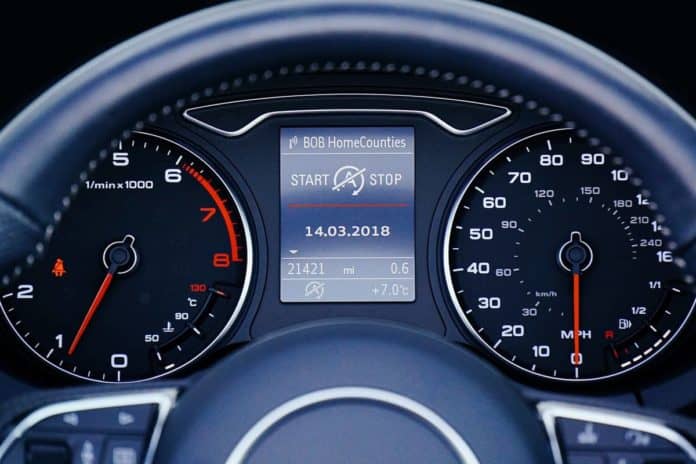Like any other machine, the performance of a vehicle degrades with time. There is no denying the fact that you’ll need to carry out a lot of servicing on your vehicle after several years of usage. Some people get overwhelmed with these maintenance requirements, and they decide to sell their current vehicle and buy a new one instead.
However, that’s not an ideal option for every car owner, especially for one who has developed a sweet spot for his machine. Apart from extending your auto warranty, there are a number of other tips that you can consider if you’re looking to use your vehicle beyond the 100K miles threshold. This article aims to give you an idea of how to maintain a high mileage vehicle.
1. High-Mileage Motor Oil
Using high-mileage instead of the ordinary motor oil can give your vehicle a few extra years on the road. This product has some additives that are designed to provide extra support to those older engines likely to suffer frequent breakdown such as sludge, friction, leaks, and deposits. They contain friction-reducing and anti-wear agents which reduce the rate of engine wear which can be very likely in unmaintained old engines.
2. Ensure Regular Oil Changes
The fact that you’re using high-mileage oil doesn’t mean you can go months before changing the old oil. Due to the increased rate of friction and dirt accumulation in the engine, the effectiveness of the oil is likely to reduce within a very short time. For one, the friction-reducing agents will wear out after a few rides, leaving your engine unprotected.
Usually, the oil change intervals are calculated in relation to the mileage covered. For newer cars, you might need to take care of this part of maintenance after 5,000 to 7,500 miles covered. This equates to approximately six months of usage, but this number should be halved if you’re driving any car with over 75,000 mileage. Therefore, if you have a vehicle with 100K mileage, then a 3-month interval or oil change after every 3,000 miles should suffice.
3. Change The Brake Fluid
Another part that suffers in most old cars is the brake fluid. You wouldn’t want to drive a car with a brake system that is inefficient, would you? Well, that’s a recipe for many car accidents reported today.
Experts recommend that you do a brake fluid replacement after every 60,000 miles. Therefore, if you’ve not done it already, then now is the best time to make that investment. Like oil, brake fluid accumulates dirt after several rounds of usage, and that leads to a lot of inefficiencies.
4. Ensure Healthy Tires
It’s very easy to forget about the tires with all the concentration put on your car’s engine. However, this is another area that needs frequent checks to avoid accidents and increase the vehicle’s lifetime. It’s recommended that you rotate the tires twice every year to ensure an even wear in these tires.
Also, for better traction, it’s important to use the right tires. For instance, in wintry climates, you should employ winter tires during cold months. Don’t hesitate to change the tires entirely when there is any fault because that could lead to a serious situation. The best approach, as suggested by experts, is to replace all the four tires at once to avoid uneven wear.
5. Keep Your Car In Good Condition
Regular cleaning of your car might look like a common-sense suggestion, but it has a huge impact on your vehicle’s life span. The durability of certain parts like the board and floor of your machine depends heavily on its cleanliness. A dusty surface, for instance, may accelerate wear-outs and rusting; not to mention the negative impact it has on the paint.
So, what are some of the things you should do?
- Keep your vehicle under a shade or in the garage when not in use
- Fix scratches quarterly and apply wax
- Wash frequently, especially when it’s dusty or during snowstorms
- Vacuum the interior on a regular basis
6. Repair Small Faults Early Enough
Many people are fond of leaving small repairs like dents until the last minute. At this point, they might be beyond repair or could even cost more than expected. Therefore, ensuring that you take care of small issues before they become bigger can save some money for you and leverage your budget.
Conclusion
As they say, old is gold, but you must be ready to meet the necessary requirements for your high-mileage vehicle to keep going. Of course, a 100,000-mileage vehicle will always need a lot of maintenance because of the increased rate of wear and tear. Therefore, regular oil change, brake system flush, tire rotation, and other minor repairs can give your car a few extra years on the road. Ensure you carry out these services on a regular basis to avoid incurring extra costs.












